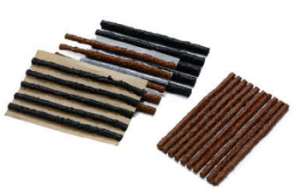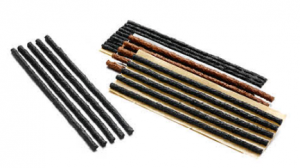Importance
Insert seals play a vital role in a variety of industrial applications, ensuring the proper operation and longevity of machinery and equipment. These seals are designed to prevent leakage, contamination and the ingress of foreign particles, thereby maintaining the integrity of the system. From hydraulic systems to automotive engines, insert seals are critical components that improve the overall efficiency and reliability of industrial processes. In this article, we will explore the importance of insert seals, their applications, and the importance of using high-quality seals for optimal performance.
Details
One of the main functions of insert seals is to prevent leaks in hydraulic and pneumatic systems. These systems rely on the precise control and transmission of fluid or air pressure to power machinery and equipment. Without effective seals, these systems can leak, resulting in pressure loss, reduced efficiency, and potential damage to components. Insert seals, such as O-rings and gaskets, are designed to create a tight, reliable seal that ensures fluid or air is retained within the system, thereby maintaining its operational integrity.
One of the main functions of insert seals is to prevent leaks in hydraulic and pneumatic systems. These systems rely on the precise control and transmission of fluid or air pressure to power machinery and equipment. Without effective seals, these systems can leak, resulting in pressure loss, reduced efficiency, and potential damage to components. Insert seals, such as O-rings and gaskets, are designed to create a tight, reliable seal that ensures fluid or air is retained within the system, thereby maintaining its operational integrity.


In addition to preventing leaks, insert seals also play a key role in protecting machinery from contamination. In industrial environments, equipment is frequently exposed to dust, dirt, and other contaminants, which can affect its performance and longevity. Insert seals act as a barrier, preventing these harmful particles from entering the system and causing damage to internal components. By maintaining a clean, contaminant-free environment within machinery, insert seals help increase the overall reliability and service life of industrial equipment.
The automotive industry is another industry that makes extensive use of insert seals to ensure proper functioning of various components. From engine gaskets to transmission seals, these inserts play a vital role in maintaining your vehicle's performance and efficiency. For example, in automotive engines, insert seals are used to prevent oil and coolant leaks, ensuring that the engine operates at optimal temperatures and lubrication levels. Without these seals, the engine could be prone to overheating, increased friction, and potential damage to critical components.
When selecting insert seals for industrial applications, the quality of the seal is critical. High-quality seals are designed to withstand the harsh conditions of industrial environments, including high pressures, extreme temperatures, and exposure to chemicals and liquids. Inferior seals can quickly degrade, leading to premature failure and potential safety hazards. Therefore, industrial operators must invest in reputable suppliers that provide reliable and durable insert seals to ensure the long-term performance and safety of their equipment.
Conclusion
In conclusion, insert seals are an indispensable component in various industrial applications to prevent leakage, contamination and the ingress of foreign matter. Whether in hydraulic systems, automotive engines, or other machinery, these seals play a vital role in maintaining the operational integrity and efficiency of industrial equipment. By investing in high-quality insert seals, industrial operators can ensure the reliability and longevity of their machinery, ultimately helping to create a safer, more efficient work environment.
Post time: Mar-14-2024





